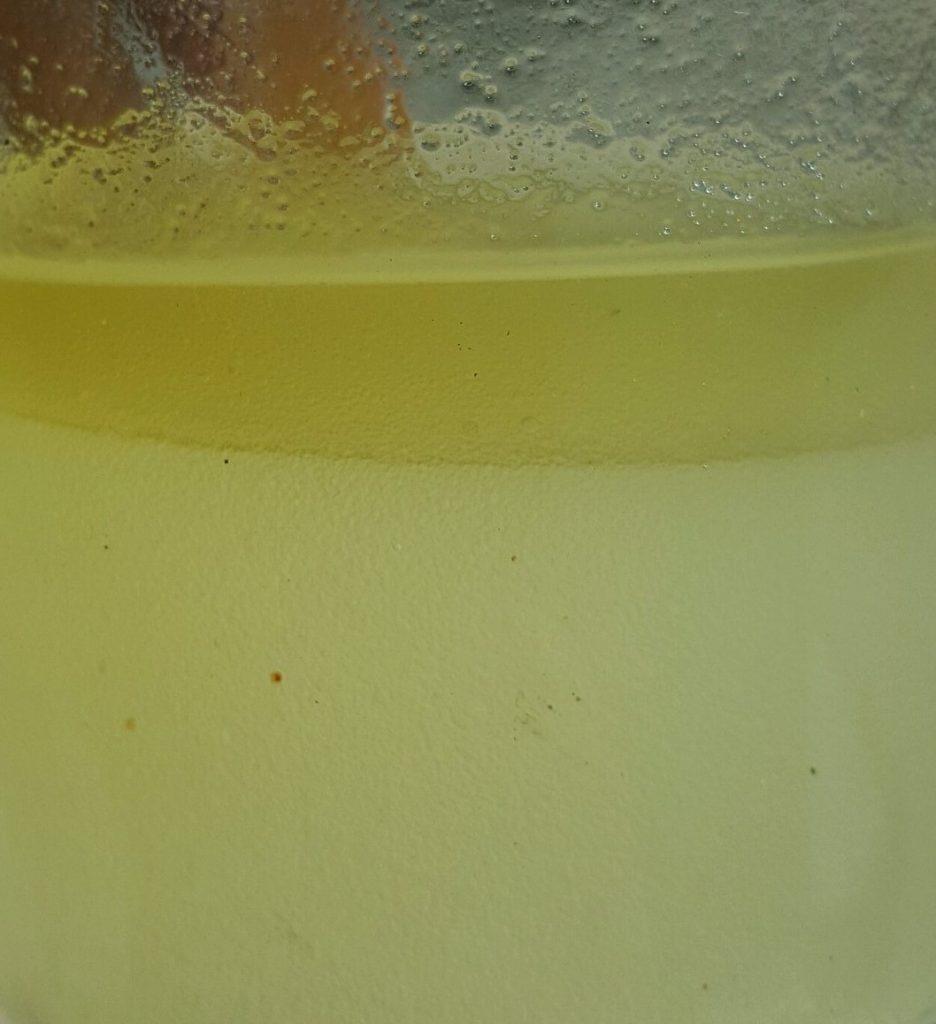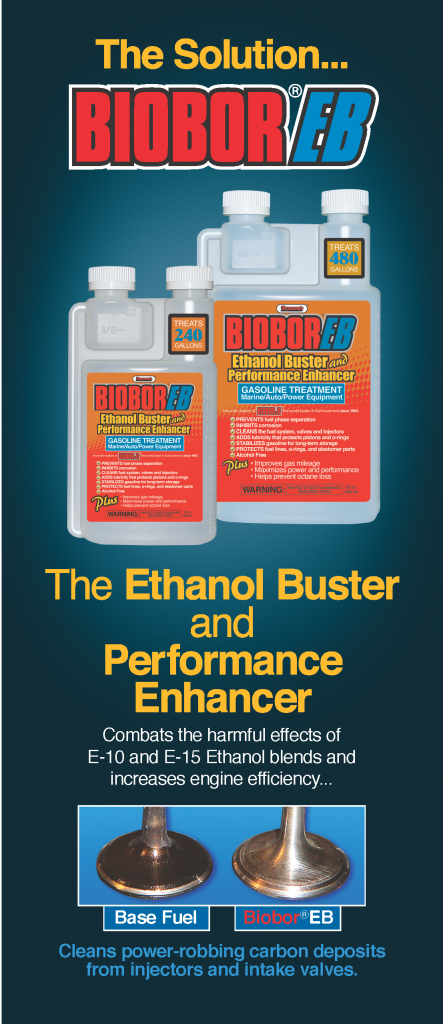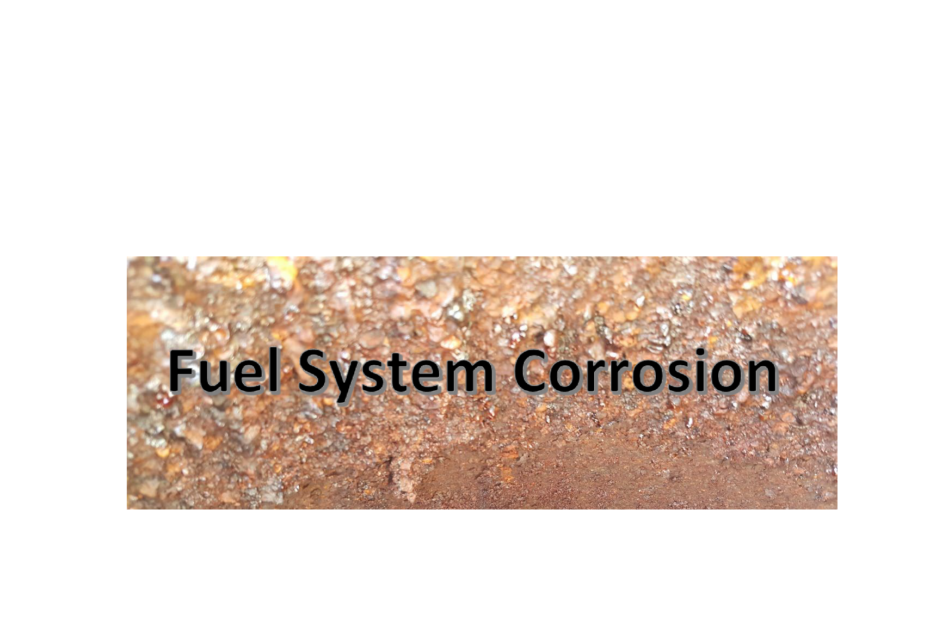When compared to traditional gasoline, ethanol enriched fuel may not be as environmentally friendly as it appears. While ethanol helps reduce emissions, a Searchinger study finds that over a 30-year span, they end up contributing twice as much carbon dioxide to the air as that amount of conventional gasoline would have. This has as much to do with the farming of corn, the primary ethanol feedstock, and its production process as anything else. One lasting effect of ethanol is its corrosivity. In fact, ethanol fuel can be quite corrosive, leading to serious problems for the vehicles that use it, thus contributing to its negative environmental impact. In this blog post, we will explore the corrosive reality of ethanol fuel and how it can impact your vehicle.
What is ethanol?
Ethanol is an alcohol fuel made from grains such as corn and other plant materials. It is also known as ethyl alcohol or grain alcohol and it is commonly used in gasoline as an octane enhancer and oxygenate. The most common blend of ethanol with gasoline is E10, which consists of 10% ethanol and 90% conventional gasoline.
Ethanol has some distinct characteristics that make it a unique fuel. First, it is hygroscopic, meaning that it absorbs moisture from the atmosphere. This can lead to storage problems, as water can accumulate in the fuel tank and cause accelerated corrosion. In addition, the oxidation of ethanol leads to the creation of corrosive byproducts that damage engine components over time. Finally, because ethanol has a lower energy content than gasoline, engines require additional fuel additives to achieve the same performance levels.
By understanding the properties of ethanol, you can take steps to reduce the risk of engine problems caused by its use. For instance, storing ethanol-blended fuel in a sealed container can help prevent water buildup and help maintain fuel quality. In addition, adding Biobor EB, a fuel stabilizer to ethanol-blended fuel can protect against long-term storage issues. For optimal protection against the corrosive effects of ethanol-blended fuel, choosing Biobor EB is necessary. It is designed to protect against water accumulation and guard against corrosion in sensitive engine parts like valves, pistons, and seals. Ultimately, making informed decisions about your choice of ethanol-blended fuels, as well as maintaining regular preventive maintenance on your vehicle, which includes the use of Biobor EB, are key steps for avoiding potential engine problems associated with ethanol fuels.
Best product on the market for stabilizing ethanol fuel. I put this in my bass boat fuel tank, 14 months later I decided I wanted to go fishing so I changed the fuel filter and charged the batteries and it cranked right up. Unbelievable! Great product. I put this in everything I own! I’ve tried all the top name products and hands down this is the best! READ MORE
Amazon reviewer
How does it damage engines?
Ethanol blended gasoline can cause serious engine damage when used regularly. It is corrosive and highly water soluble, often leading to storage problems. If left, water in the fuel system can cause rusting, fuel degradation and other problems. Ethanol fuel is also associated with microbial contamination. Studies show that acetobacter bacteria is often found in ethanol fuel and produces acetic acid in the fuel system. For these reasons, it’s important to pay attention to the type of fuel you’re using and take extra precautions when using any ethanol blend. Regular maintenance checks are essential for ensuring that your engine isn’t being damaged by ethanol fuel or any of its components. Also, be sure to monitor your tank levels; since ethanol is hygroscopic and can draw in moisture from the atmosphere, it will eventually lead to water problems and potentially permanent storage problems.
Using Biobor EB, which reduces corrosion, will help mitigate some of these issues. Unfortunately, there’s no way to prevent all engine issues associated with ethanol fuels but with proper care, maintenance, and the use of Biobor EB, the risk of running into major trouble can be minimized. Regularly inspect your vehicle’s fuel system and make sure you’re up to date on routine maintenance. Check for signs of corrosion, debris, or water accumulation on a regular basis and replace parts as needed. Most importantly, make sure you’re using a Biobor EB in every tank of gas to reduce the risk of fuel system clogging. It will provide protection to your fuel lines and tank to help keep them free from contaminants that ultimately lead to storage and water problems as well as other engine issues.
Additionally, try to maintain a full tank of gasoline, especially when storing your fuel for extended periods. This will help minimize water accumulation and phase separation which occurs when ethanol and water mix in the fuel tank, then separates from the gasoline and eventually settles to the bottom of the tank. This can lead to decreased engine performance, fuel system corrosion, and storage problems. Ultimately, it can lead to severe engine damage. Use Biobor EB in your fuel tank to prevent phase separation by keeping the gasoline and ethanol in suspension, not allowing the phase separation to take place. With a bit of extra care and vigilance, you can help ensure that your vehicle remains in top condition even with ethanol fuel.

Pulled from Retail Site Underground Storage Tank
What are the long-term effects of using ethanol fuel?
The long-term effects of using ethanol fuel can be significant, and should not be taken lightly. Ethanol fuel can cause storage problems, water problems, and engine problems over time due to the corrosive nature of the fuel. It can degrade rubber and plastic parts in engines and fuel lines, leading to costly repairs. Additionally, ethanol fuel can absorb water from the atmosphere, causing it to separate from gasoline in a tank and form a corrosive sludge that can clog fuel filters and corrode metal components. In extreme cases, fuel tanks have to be replaced due to damage caused by ethanol related issues. Again, to avoid long-term damage caused by ethanol, use Biobor EB designed to prevent corrosion. Remember, it is important to keep your fuel tank as full as possible to reduce condensation from forming in the fuel system.
How can I protect my fuel system and equipment from ethanol damage?
Ethanol blended gasoline can cause a variety of problems with your fuel system and engine. Water accumulation, storage problems, and corrosion are all common related to ethanol fuel use. Fortunately, there is a solution that can help you avoid these issues: Biobor EB, an advanced ethanol fuel additive that helps protect your engine and fuel system from the damaging effects of ethanol fuel. It adds lubricity to the fuel and prevents corrosion and phase separation. Use in your gasoline vehicles. It is especially useful for boats, small engines, recreational vehicles and off-road vehicles which are more prone to fuel storage problems. Are you storing fuel for extended periods of time? Biobor EB helps to stabilize fuel for up to 18 months. Plus, Biobor EB is alcohol free, making it a great choice for those looking for a way to combat the harmful effects of ethanol in gasoline without introducing any additional alcohol into the equation.

All the Fuel, All the Time®

Share the Post








